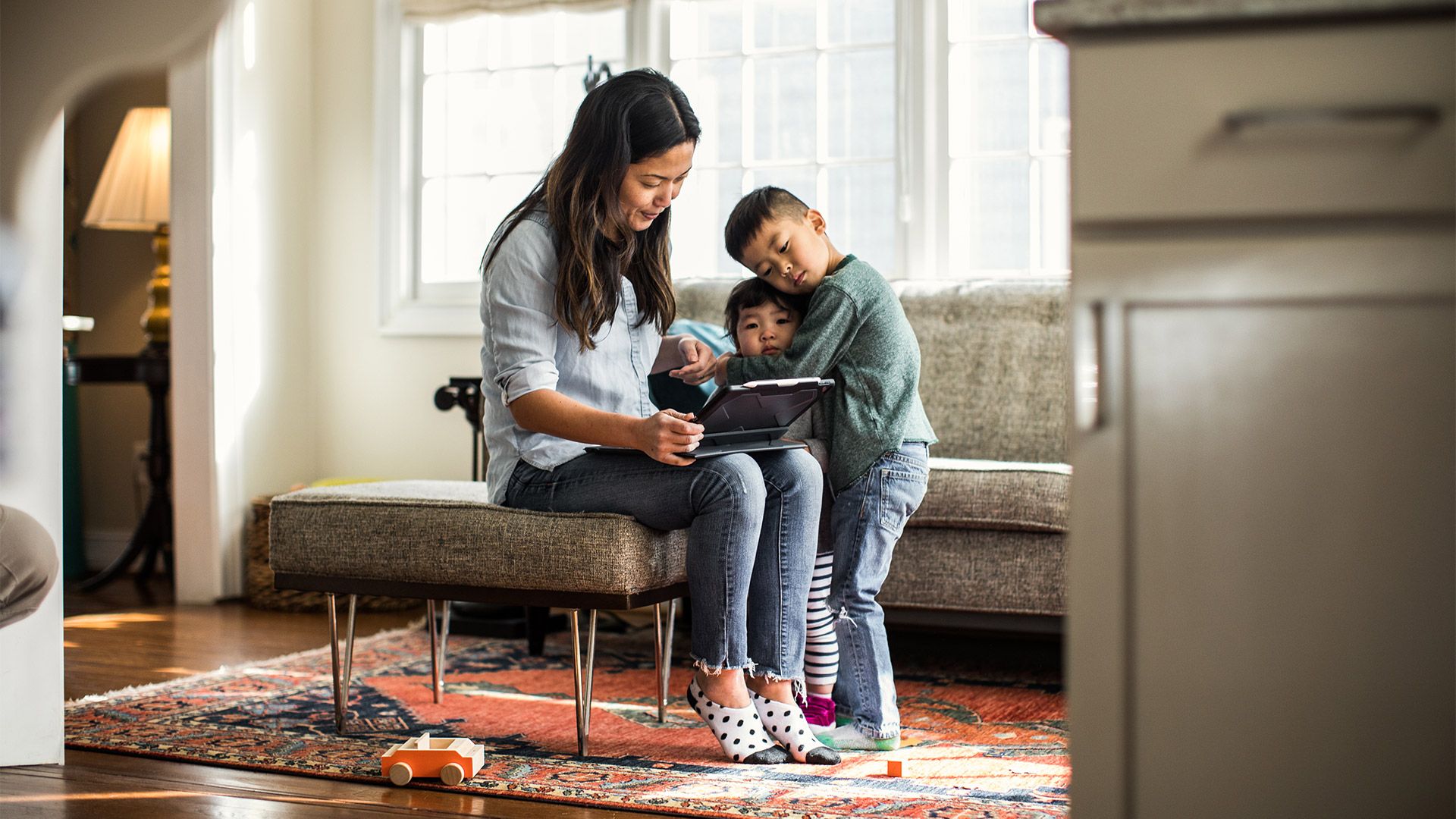6 Women Share the Emotional Side of a Breast Cancer Diagnosis
May 19, 2021
Content created for the Bezzy community and sponsored by our partners. Learn More

MoMo Productions / Getty Images
There is no ‘right’ way to respond to a new diagnosis. Any emotions you are feeling are entirely valid.
When you receive a breast cancer diagnosis, the conversation often focuses on the physical experiences of disease.
You may be faced with an overwhelming amount of new information about symptoms, treatment plans, and drug side effects.
A breast cancer diagnosis also comes with an emotional toll.
It can be scary and confusing. It can be accompanied by grief, anxiety, and anger. It can also be isolating — like no one truly understands what you are going through.
The emotional side of a breast cancer diagnosis can also be hard to talk about.
We asked members of the Bezzy BC community about the emotional journeys they experienced when facing a new diagnosis.


A diagnosis can feel like a betrayal
“It’s my psyche that’s damaged. I’ve always been in control of my decisions regarding healthcare, finances, life, work, play, and relationships… and this time, I’M NOT.
“It’s that sense of physical betrayal.
“I compare this to a friend’s betrayal: I’ve always been there for you, I took care of all of my bodily requirements. So, Why now? What did I do to you, but nourish, care and love you?” — Tonette
It can feel like mourning a loss
“I cried it out. Then I slept for almost a day. I mourned the loss of my cancer-free life. Eventually, I got tired of crying and sleeping, so I started reading, researching, and deciding what my next steps were going to be.
“I’m still sad about it sometimes but eventually it becomes a sadness that has to find a room between other losses and sadnesses — in between living life.” — Anonymous
There will be ups and downs
“I cried it out, I prayed for peace, wisdom, and strength to endure what’s ahead. It’s OK to have down days but don’t waste time staying down.
“I’ve discovered that life is too short and unpredictable to be sad for too long. Just know that it’s perfectly OK to fall apart, get it together, then fall apart again! It’s a roller coaster with highs and lows.” — Djmorr
It is OK to be angry
“I haven’t, and won’t, cry. I refuse. This is war! I’m more angry than anything else.” — Cindy C.
Starting treatment may help you feel more in control
“Breast cancer takes a huge emotional toll on us, especially when we are first diagnosed. We all feel out of control. Hopefully, when your treatment plan is fully in place, you will feel there is light at the end of the tunnel.” — Jane
Take time to feel
“Your feelings are valid. You don’t have to force the silver lining. Take time to go through your emotional journey. Be resolved to not stay there forever, but also give yourself time to feel.” — Gina
The takeaway
A diagnosis of breast cancer can trigger a wide range of emotions. It’s important to remember that anything you are feeling is entirely valid.
It is OK to grieve. It is OK to feel angry. It is OK to feel hopeful.
It is OK if you can’t put a name to how you are feeling right now and it is OK to take time to figure it out.
Navigating breast cancer is an emotional journey as well as a physical one. Receiving the diagnosis may feel isolating, but you are not alone.
The Bezzy BC community gets it and is here for you.
Article originally appeared on May 19, 2021 on Bezzy’s sister site, Healthline. Last fact checked on May 14, 2020.
Fact checked on May 19, 2021


Like the story? React, bookmark, or share below:
Have thoughts or suggestions about this article? Email us at article-feedback@bezzy.com.
About the author